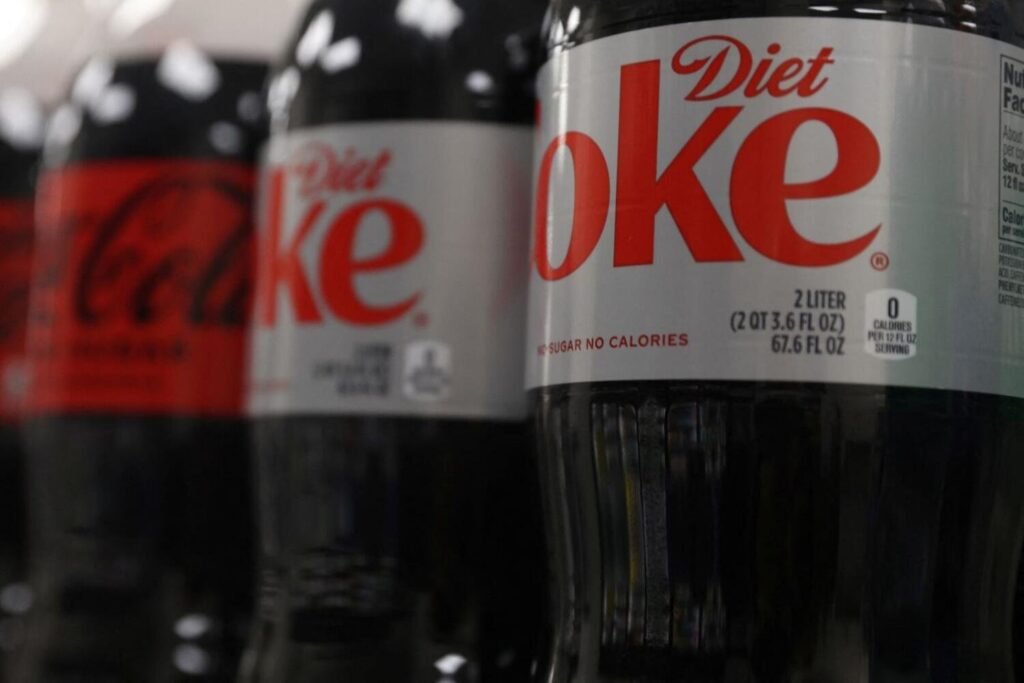According to two sources familiar with the matter, the World Health Organization (WHO) is expected to declare aspartame, one of the most widely used artificial sweeteners, a possible carcinogen in July.
The International Agency for Research on Cancer (IARC), the cancer research arm of the WHO, will list aspartame as “possibly carcinogenic to humans” for the first time.
The IARC’s classification aims to indicate whether something poses a potential hazard based on published evidence, without considering safe consumption levels.
It is important to note that the IARC’s classification does not take into account the amount of a product that can be safely consumed by individuals. Guidelines on safe consumption levels are provided by the Joint WHO and Food and Agriculture Organization’s Expert Committee on Food Additives (JECFA) and national regulators.
Previous IARC classifications of substances have caused concerns among consumers, led to lawsuits, and compelled manufacturers to reformulate their products or seek alternatives. Critics argue that the IARC’s assessments can be confusing for the public.
JECFA is also conducting a review of aspartame this year. Its findings are expected to be announced on the same day as the IARC’s decision. Since 1981, JECFA has maintained that aspartame is safe to consume within acceptable daily limits. This view has been supported by national regulators in the United States and Europe.
Both the IARC and JECFA have kept their findings confidential until July, but they are considered complementary. Industry players and regulators have expressed concerns about the potential confusion that could arise from making both announcements around the same time.
The IARC’s classification of aspartame can have significant implications. For example, when the IARC classified glyphosate, an herbicide, as “probably carcinogenic” in 2015, companies faced consequences even as other bodies like the European Food Safety Authority disputed the assessment.
Aspartame has been extensively studied over the years. An observational study in France in 2022 suggested a slightly higher cancer risk associated with the consumption of artificial sweeteners, including aspartame. However, the study did not establish a causal link, and questions have been raised about the methodology of earlier research on aspartame.
Despite the ongoing research and the IARC’s upcoming classification, regulators globally have authorized the use of aspartame based on the available evidence. Major food and beverage manufacturers have long defended the safety of using aspartame as an ingredient.
The IARC’s decision to list aspartame as a possible carcinogen is aimed at stimulating further research and helping agencies, consumers, and manufacturers reach more definitive conclusions. It is expected to reignite debates about the IARC’s role and the safety of sweeteners in general.
In May, the WHO published guidelines advising against the use of non-sugar sweeteners for weight control, which generated controversy in the food industry. The industry argued that such sweeteners can be useful for individuals seeking to reduce their sugar intake.


